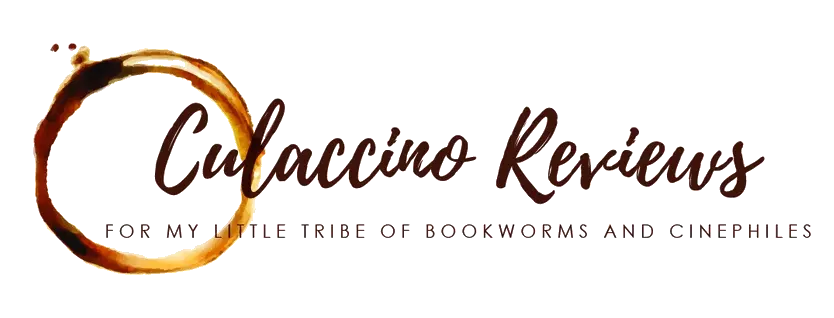“I could do with a bit more excess. From now on I’m going to be immoderate–and volatile–I shall enjoy loud music and lurid poetry. I shall be rampant.”
In Chocolat by Joanne Harris, Lansquenet, where the story is set, is described as a quaint, sleepy little French village. There is a Church, where the villagers gather and pray. And there is a priest – Father Reynaud – who binds people in the preachings of propriety and abstinence and self denial. Well, at least he tries to.
Enter a stranger Vianne Rocher – single mother and an entrepreneur – and some things are never the same again. Directly opposite to this very Church – the very symbol of purity and propriety, now stands her Chocolaterie. Villagers are lured inside by the Dark, aromatic, seductive chocolate that she brews. A quiet rebellion is stirred.
Historically, Cafes are the antithesis of religious spaces such as the Church. In the latter, people come together with a shared faith, a shared tradition, and binding rules. Cafes are built to question these very traditions. There are no sermons, and there is no audience. People talk, they argue, they gossip. They question, they deliberate. They ruminate – they just sit and stare. This is the place where they come to turn away from rules.
Vianne’s chocolate shop does the same, where the chocolate itself becomes a symbol of rebellion against age-old traditions that once forbade indulgence. It is desire, it is self love, and it is the freedom to choose and savor the richness of the life that a bar of chocolate comes to be.
Vianne’s six year old child Anouk is the first testimony of freedom.
Anouk prances around the village draped in bright colors, calls out to strangers and makes friends with the outcasts – the river gypsies who reside on the outskirts of the village. Anouk’s father does not make an appearance, nor is he mentioned. Vianne is enough. Everything Vianne does conflicts with the moral code of conduct the Father is trying to establish. As the villagers begin to flock around the little chocolaterie, Father Reynaud starts preaching against the ‘pagan passion’ for chocolates that she has unleashed.
And what is that which threatens the foundations of the moral living for Father Reynaud? The assertion of wanting to live a life for joy and self love over social morality that Vianne unconsciously introduces and slowly perpetuates. A young woman, regularly battered by her abusive husband, finds refuge in Vianne’s chocolaterie. A lonely man is redeemed by the warmth of his newly discovered friends. An old woman throws a brazenly rocking ‘sinful party’ with the help of Vianne to celebrate her last days of living, much to the chagrin of her morally infused daughter. The villagers battle their own demons, gorging on chocolates as a mark of indulgence (without guilt) and individuality (everybody has a different taste that Vianne has a knack of guessing!) The chocolaterie becomes a place for free conversations, laughter and fun, for secrets that are opened and dreams that are dared to be dreamt.
Why do people hate—or fear—women like Vianne so deeply? Perhaps it’s because they challenge a social structure believed to be stable and unshakeable. They disrupt the imbalance, they force others to question their deeply held beliefs, and confront the possibility of being wrong. Change is difficult, and rather than face it, many cling to the rules—even at the cost of oppressing others and denying them the chance to live fulfilling lives.
The Priest is also insecure deep inside – no matter his notions of right and wrong he forces on people. His fear is abandoning caution and indulging in the very thing he forbids: the damn, delicious chocolate.
As the Priests rally against the Chocolate shop with a group of likeminded villagers, romance bubbles like the rich, hot chocolate between Vianne and Roux – the leader of the Gypsy Gang. (In the movie made in the book, Johnny Depp plays Roux) He is also a father to a pretty little girl, just like Vianne. Like her, he is also a vagabond, charming the way into people’s hearts by temptation to just break free. Their love story, however fleeting, is the spice that enhances the sweetness of this literary feast.
The book is a treat to the body – it describes the making of cakes, pastries, cookies and everything chocolaty in vivid, delicious details. It is a treat for the mind. In the harsh race to constantly push yourself ahead, it offers a moment to pause, to indulge in your temptations. Through the indulgence of a single bite, Joanne Harris reminds us that sometimes, the greatest rebellion is choosing to savor life’s sweetness.
Do you know – There is also a movie adaption of the book, made in 2000, featuring Johnny Depp as Roux. The movie was a hit in the USA. However, it surprisingly received a lukewarm response in France, the very country where the story is set.
